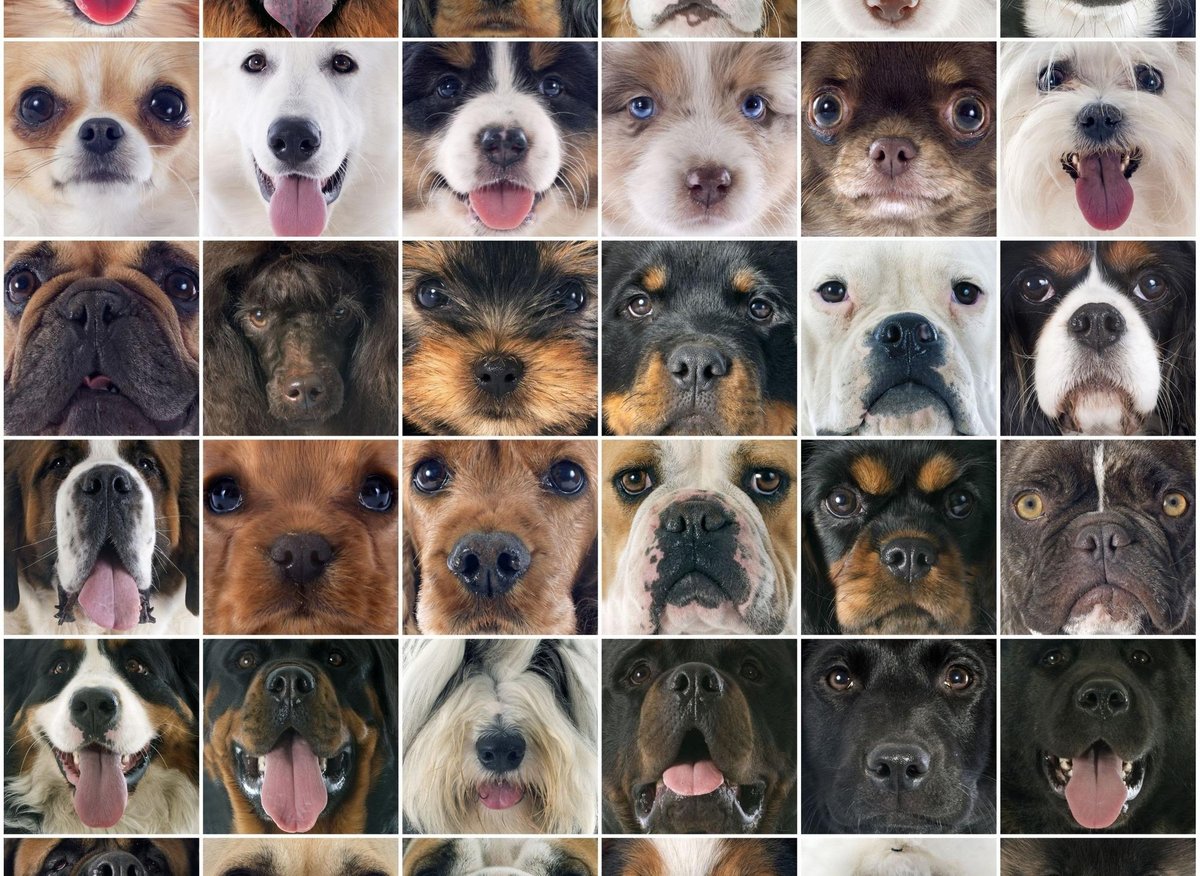Chances are, kennel cough crossed your mind when you dropped your dog off at daycare, overnight boarding, or the groomer — and for good reason!
Kennel cough, aka Bordetella, is an infection that causes symptoms in dogs that are similar to bronchitis in humans. It is transmitted through the respiratory secretions (barking, licking, bowl sharing) of an infected dog. But the good news is that there is a kennel cough vaccine to prevent infection, and it’s a vaccine that all pet owners should know about.
We spoke with Trisha Mumford and Kaitlyn Tullio, Veterinary Nurses at DodoVet, to get some insight into the kennel cough vaccine and why it’s super important for some puppies.
What to know about the kennel cough vaccine
There is a kennel cough vaccine to help prevent Bordetella infections, and it is considered extremely safe and, in most cases, effective for dogs.
“There are two routes of administration: injection and intranasal (directly into the nose),” Tullio told The Dodo. “You will want to get vaccinated as a preventative as it is not effective if your dog has had kennel cough before. Usually groomers and boarding schools require this vaccine due to the highly contagious nature of kennel cough. kennel.
It is recommended for dogs that are in regular contact with other dogs and should be administered every 6-12 months by your veterinarian.
“Most boarding schools, dog daycares and groomers will need an up-to-date vaccine … to use their services to minimize the spread of kennel cough,” Mumford told The Dodo.
Regarding risk factors, dogs that are immunocompromised, pregnant or currently have kennel cough should not be vaccinated.
But keep in mind that the vaccine may not prevent kennel cough every time.
“It should be noted that a dog can still have kennel cough even if vaccinated because there are organisms other than Bordetella that can cause the infection,” Mumford said. “Some of these bodies have their own vaccines, but some don’t.”
Although kennel cough is generally known as a mild infection, it can progress to pneumonia in more severe cases. As with many illnesses, the outcome of your dog’s kennel cough will likely depend on his overall health.
“Most cases are considered uncomplicated, which means that in addition to a continuous cough, the dog is otherwise happy and healthy,” Mumford said. “Meanwhile, dogs with underlying conditions are at higher risk for a complicated Bordetella infection. Most cases are quickly treated with a simple visit to the vet to receive antibiotics and even medication to help to the annoying cough that results from the virus.If left untreated, many dogs’ immune systems can fight off the virus within a week or two.
Kennel Cough Symptoms
Not surprisingly, the most common symptom is a strong cough – a very dry, unproductive cough. In most cases, dogs will otherwise act like their normal, happy selves. That being said, there are a few additional kennel cough symptoms to watch out for, according to Mumford:
- Fever
- Apathy (lack of energy)
- small appetite
Typically, a dog that has been infected will begin showing symptoms 2 to 14 days after exposure.
Visiting your veterinarian and treatment options
If your dog has been in a crowded area and you notice him coughing regularly, a visit to your vet is definitely recommended, especially if you notice any of the additional symptoms of kennel cough listed above.
“As long as it’s an uncomplicated infection and treated quickly, a course of antibiotics is all that’s needed for treatment,” Mumford said. “Cough suppressants may also be given to keep the dog comfortable during treatment.”
If it’s a more serious case, your veterinarian may recommend additional treatments and diagnostics. For example, x-rays can help determine if your dog has pneumonia. Hospitalization with possible intravenous fluids, antibiotics, and oxygen therapy may be necessary if pneumonia is diagnosed to restore your dog to health.
If your dog spends a lot of time with other dogs, it’s definitely a good idea that he stays up to date with his kennel cough vaccine. If you notice your dog coughing regularly after visiting an enclosed space with other dogs, consult your veterinarian for next steps in treatment. Soon he won’t be coughing and will start snuggling up to you again.
Would you like to have access to a vet 24 hours a day, 7 days a week? With DodoVet, you can connect via video chat, phone, or text with an empathetic veterinary expert who can help you be the best pet parent you can be. Say goodbye to Dr. Google and get all your pet parenting questions answered anytime, anywhere. Learn more here.
 Christ Yoder
Christ Yoder



